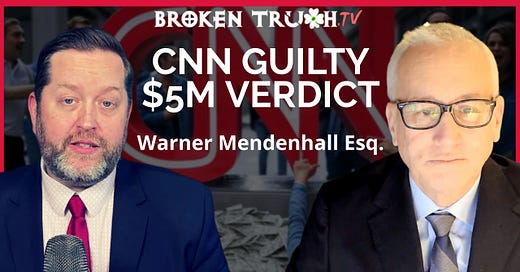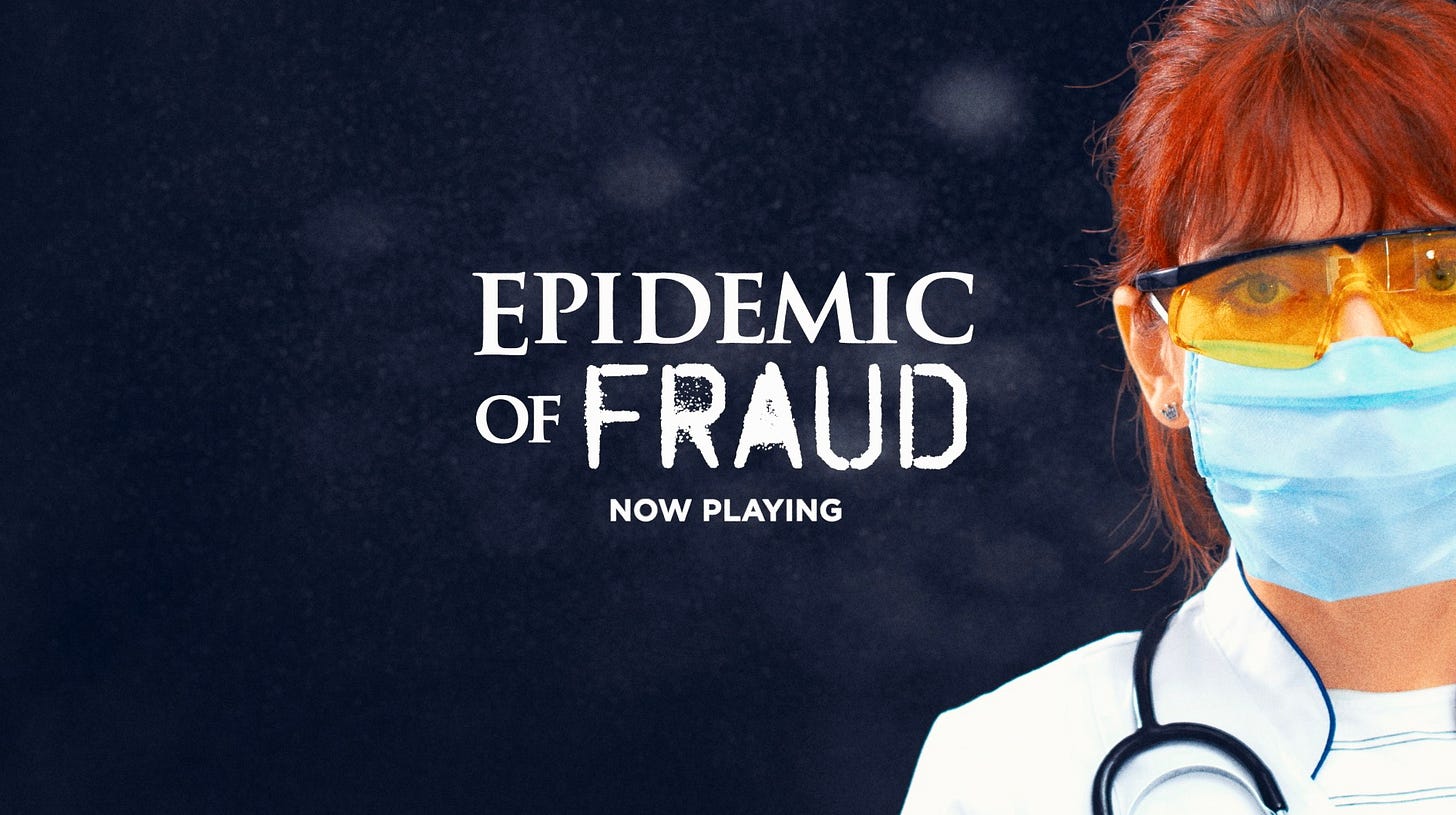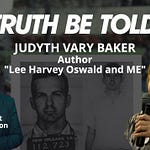The Zachary Young Verdict Against CNN: A Landmark Case in Media Accountability
Introduction
In a landmark defamation lawsuit, Zachary Young, a contractor, was awarded $5 million against CNN, marking a significant moment in the accountability of media organizations. This case highlights the tension between First Amendment protections and the responsibility of media to report accurately without malice. Here, we delve into the details of the case, its implications, and its broader context within contemporary media practices.
Summary of CNN's Actions Against Zachary Young
Zachary Young, a contractor involved in the U.S. withdrawal from Afghanistan, was at the center of CNN's reporting which suggested he was part of a "black market" operation for evacuating people. Specifically, CNN aired segments that accused Young of charging exorbitant fees for evacuation services, portraying him as someone exploiting a desperate situation for personal gain. These reports not only damaged his reputation but also his business, leading to significant financial and personal harm.
Young's lawsuit against CNN was based on the claim that these reports were maliciously false or recklessly disregarded the truth. He argued that CNN did not adequately verify the allegations before broadcasting, which is a critical element in proving "actual malice" under defamation law.
Legal Analysis from Warner Mendenhall
During an interview on Broken Truth with John Davidson, Warner Mendenhall, an attorney from Ohio, provided insights into the legal complexities of the case. Here's an excerpt from the interview:
(00:00:55):
John Davidson: So Warner, can you explain a little bit about this case, defamation with malice?
Warner Mendenhall: Yeah, what happens is our press is very protected under the malice standard. And it's actually a fairly high bar that Zachary Young had to overcome because he has to show that they literally lied about him or at least that they recklessly disregarded the truth under a malice standard that was set in the 1960s in the Sullivan versus New York Times case...
Mendenhall emphasized the difficulty in proving actual malice, noting that Young needed to show CNN knew their reports were false or showed a reckless disregard for the truth:
(00:01:30):
...But we cannot have a free press that acts with malice and recklessly disregards the truth. And that's the standard that Zachary Young met, and that's resulted in this $5 million verdict.
The Verdict and Its Implications
The jury's decision to award Young $5 million was not just a financial penalty for CNN but also a broader statement on media ethics. According to the Zero Hedge article, the case was particularly devastating for CNN, with the verdict coming on the heels of other high-profile media lawsuits, including ABC's settlement with Donald Trump. This verdict underscores:
Public Trust: Mendenhall pointed out the erosion of trust in major news outlets, suggesting that such verdicts might reflect a public pushback against perceived misinformation or biased reporting.
Legal Precedent: This case could set a precedent for how defamation cases, particularly those involving media, are handled, potentially making news organizations more cautious in their reporting.
Impact on Media: There's a noted trend where high-profile verdicts like this one might influence how media companies operate, with a possible increase in legal scrutiny over their content.
Broader Context and Related Cases
The Zachary Young case is part of a series of legal challenges facing media organizations:
ABC Lawsuit: Mendenhall referenced Donald Trump's lawsuit against ABC, which concluded with ABC paying $15 million, indicative of a growing trend where media organizations face significant financial repercussions for their reporting.
Vaccine Reporting Issues: Mendenhall also touched upon the defamation of individuals claiming vaccine injuries, suggesting another area where media might be legally challenged.
Conclusion
The Zachary Young verdict against CNN underscores a critical moment in media accountability. It serves as a reminder of the balance that must be struck between free speech and truthful reporting. This case, while specific to Young's circumstances, reflects broader societal debates about media integrity, public trust, and the legal frameworks that govern journalism. As media landscapes evolve, cases like these will likely continue to shape the discourse on how news is both produced and consumed.
Sources:
Zero Hedge article: "Fake Dues: CNN Found Guilty In $5M Defamation Case As CBS Mulls Settlement In Trump Lawsuit"
Learn more about how media and news organizations manipulated the public’s perception of a drug safer than tonic water. Watch our award-winning documentary ‘Epidemic of Fraud.’













Share this post